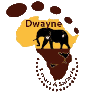BRANCHES OF GOVERNMENT
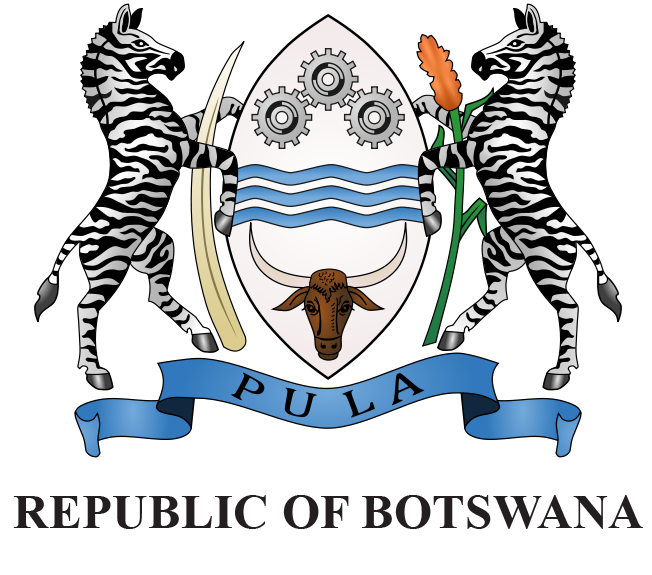
Botswana is the continent's oldest democracy. The constitution of Botswana is the rule of law, which protects the citizens of Botswana and represents their rights. The politics of Botswana take place in a framework of a representative democratic republic, whereby the President of Botswana is both head of state and head of government, and of a multi-party system. Executive power is exercised by the government. Legislative power is vested in both the government and the Parliament of Botswana. The most recent election, its eleventh, was held on 24 October 2014. Since independence was declared, the party system has been dominated by the Botswana Democratic Party.
1. Legislature
The National Assembly has 57 elected and 4 appointed members; it is expanded following each census (every 10 years). After elections, the party that wins the majority elects the State President. The President then appoints the Vice President, but the appointment is subject to endorsement by the National Assembly. There are 57 parliamentary constituencies in Botswana. The advisory House of Chiefs represents the eight principal subgroups of the Batswana people, and four other members are elected by the subchiefs of four of the districts. A draft of any National Assembly bill of tribal concern must be referred to the House of Chiefs for advisory opinion. Chiefs and other leaders preside over customary, traditional courts, though all persons have the right to request that their case be considered under the formal British-based legal system.
Parliament of Botswana
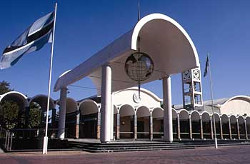
Parliament of Botswana is unicameral. This means that even though Parliament of Botswana comprises of two houses namely the National Assembly and Ntlo Ya Dikgosi. It is only the National Assembly that has the powers to make laws that govern the country while Ntlo Ya Dikgosi is an advisory body. It advises the National Assembly on constitutional, customary and land issues.
Roles and Functions:
- Legislative role - Parliament debates and passes bills (proposed laws)
- Oversight role – It acts as a watchdog and checks the activities of Government through Parliamentary Committees by asking and answering questions during Questions Time.
- Representative role - Speaking on matters of public importance in which Members of Parliament discuss current important issues. Presenting petitions on behalf of citizens, among others.
- Approval of the National budget – National Assembly has the power to approve or reject the National budget presented before the House by Government through the Minister of Finance and Economic Development.
2. Judiciary
The highest court of Botswana is the Court of Appeal, which is constituted under section 99 of these Constitution and consists of a President and such number of Justices of Appeal as may be prescribed by Parliament. There are currently eight judges of the Court of Appeal, who are all expatriates drawn from different parts of the Commonwealth. To date, no Motswana has ever been appointed to the Court of Appeal. The High Court is a superior court of record with unlimited original jurisdiction to hear and determine any criminal and civil cases under any law. The High Court is constituted under section 95 of the Constitution, and consists of a Chief Justice and such number of other judges of the High Court as may be prescribed by Parliament. There are currently sixteen permanent judges of the High Court. Until 1992, the judges of the High Court were expatriate judges who were appointed on short-term contracts of two to three years. In 1992 the first citizen judges were appointed to the bench. There are three High Court divisions in Lobatse, Gaborone and Francistown. There are also Magistrates' Courts in Botswana. These courts are subordinate to the High Court and hear a range of civil, criminal and family law matters. There are nineteen Magistrates' Courts in the country, with fifty magistrates of whom seventeen are expatriate. Judges are appointed by the president and may be removed only for cause and after a hearing.
3. Executive
Local government is administered by nine district councils and five town councils. District commissioners have executive authority and are appointed by the central government and assisted by elected and nominated district councilors and district development committees. There has been ongoing debate about the political, social, and economic marginalization of the San (Bushmen). The government's policies for remote area dwellers continue to spark controversy and may be revised in response to domestic and donor concerns.
ELECTING PARLIAMENT
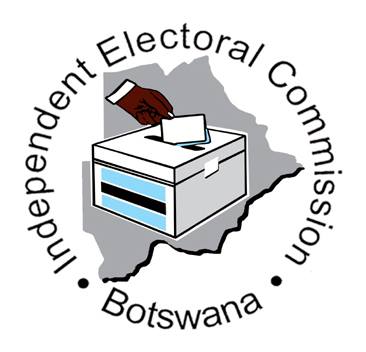
The Independent Electoral Commission, IEC exists to provide accessible and transparent electoral services to its stakeholders for enhanced participation in the electoral process
Mission
To ensure common understanding of the electoral process by stakeholders To ensure transparency in the electoral process To maintain a high quality election database To ensure that all eligible citizens vote in elections To promote and nurture democracy To be a reputable and effective organization
Responsibilities
Section 65A of the Constitution of Botswana outlines the responsibilities of the Commission as follows: To conduct and supervise elections of members of the National Assembly and of a Local Authority; To conduct referenda; To ensure that elections are conducted efficiently, properly, freely and fairly; To give instructions and directions to the Secretary to the Commission with regard to the exercise of their responsibilities under the Constitution and electoral laws generally; To perform such other functions as may be prescribed by an Act of Parliament.
Election Process
Citizens of Botswana who are eighteen years old and above are eligible to participate in the electoral process. For them to exercise this fundamental right, they must have a valid National Identity Card (Omang). During registration each and every voter is issued with a voter registration card. In the event that a voter loses their registration card they may apply for a duplicate. In the event of movement or change of residence after registration, voters are allowed to transfer their registration to their new residence.



POLITICAL PARTIES IN BOTSWANA
Botswana Democratic Party, BDP
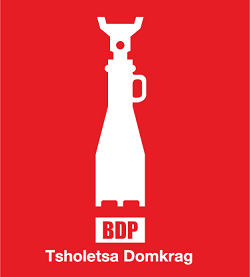
The BDP is the governing party in Botswana. Its chairman is the current Vice-President of the Republic of Botswana, Slumber Tsogwane. The previous party chairs include, among others, Mokgweetsi Masisi, Ponatshego Kedikilwe, Daniel Kwelagobe, Samson Guma Moyo, and Lieutenant General Ian Khama. The BDP was primarily shaped by two of its founders, Sir Seretse Khama and Quett Masire, who are celebrated for nurturing the success of Botswana. Traditional Setswana communities make up the party's base, which has led the BDP to remain a conservative movement.
In November 1961, Seretse Khama and other delegates to the African Advisory Council founded the party in Lobatse. Within the next few months Masire and Khama drafted a party constitution, and then held the party's first public meeting in Gaborone on the 28th of February, 1962. Following the meeting the BDP was organized in the northern sections of the country by Seretse Khama, Amos Dambe, Archelaus Tsoebebe and James Haskins. The southern and western regions were primarily organized by the party secretary, Quett Masire. Masire also began publishing the party newspaper, Therisanyo/Consultation, in 1963, building on his past journalistic experiences. As a result of effective propaganda and organizing across the entire country, the BDP won a landslide in the 1965 election, taking 28 out of 31 seats. During the run-up to independence in 1966, Khama and Masire formed a formidable leadership team. Not only did they agree on major policy decisions, but they also identified and recruited talent into the party and government. With Seretse Khama as President and Quett Masire as vice-president, Botswana prospered. Rapid economic growth and a peaceful, democratic society were the result. For the next three decades, the BDP dominated the National Assembly, facing at most nine opposition MPs. Khama died in 1980, and was succeeded by his vice president, Quett Masire. His last term saw the BDP's dominance challenged for the first time, with opposition candidates winning 17 out of 44 seats. Festus Mogae served as the country's president between 1998 and 2008. Prior to the introduction of primary elections in 1998, the BDP leadership maintained a tight control over candidate selection and party financing. Since then, the primary system (known as "buleladitswe") combined with ongoing factional strife, has led to a loss of overall cohesion and increased competition for positions. Some, such as party founder Quett Masire, deplored this new development and believed that it had corrupted the party. Others have maintained that it modernized the party and brought in new political voices that could broaden its appeal in urban constituencies. On the first of April 2008, Ian Khama ascended to the presidency as the fourth President of the Republic of Botswana, as a result relinquishing his chairmanship of the Botswana Democratic Party. The vacant post was then undertaken by party stalwart and veteran Daniel Kwelagobe. Despite this development, Ian Khama moved to sideline Kwelagobe and other "Baratha-Phathi" factionalists in the government. In his inauguration address, Ian Khama outlined the National Vision 2016. In May 2010, the BDP split, with the Botswana Movement for Democracy formed, led by Botsalo Ntuane and the other Parliament ministers who opposed President Khama's political decisions. The 2014 election resulted in the BDP taking 37 parliamentary seats, a decreased margin from the previous election in 2009, but still a majority in the 63-seat chamber and 20 seats more than the next largest party. As a result, President Khama retained his position as president for a second five-year term. The current chairman of the Botswana Democratic Party is Slumber Tsogwane. [1]
Alliance for Progressives, AP
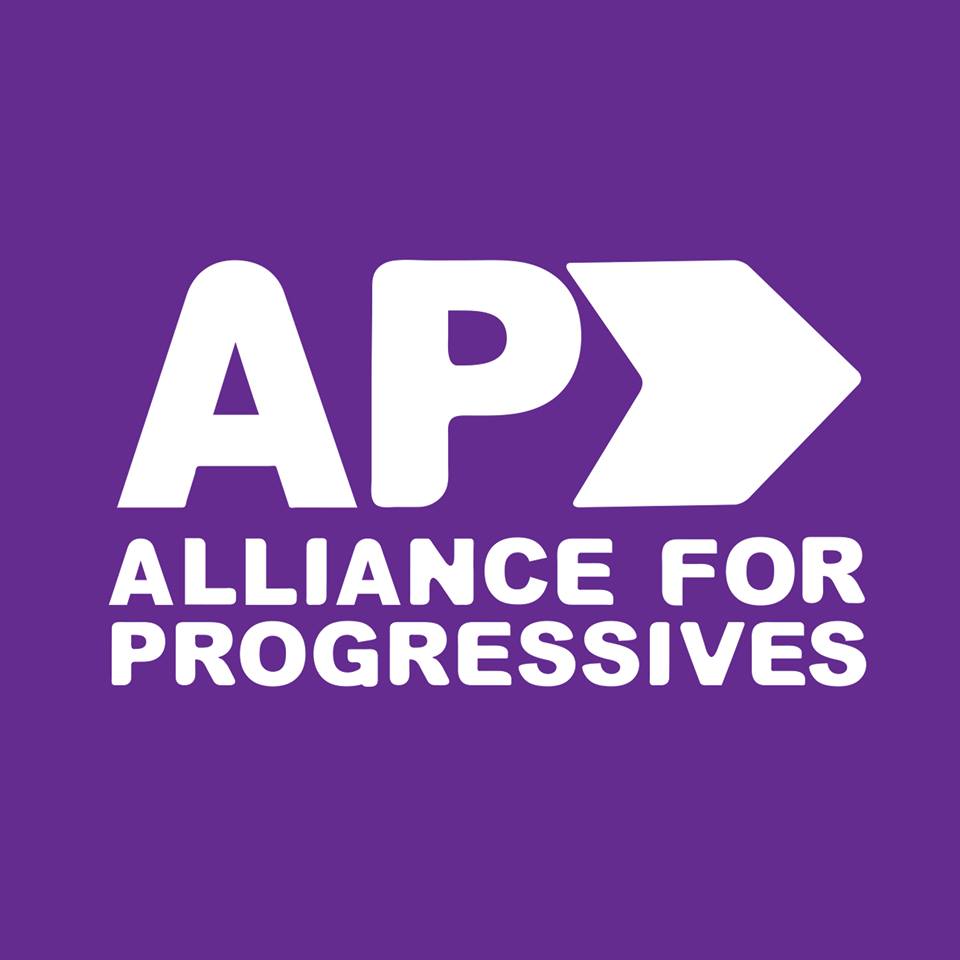
The new political formation, Alliance for Progressives (AP) was launched in Gaborone on the 28th October 2018. AP leader, Mr Ndaba Gaolathe said during the launch that they offered the best prospects of the new Botswana, and that they were home to all those who were in political formations that suffocated them. Mr Gaolathe said the AP offered hope for free self expression and full participation in the political discourse. “I call all those that are distant from the political discourse for many reasons to feel comfortable at the AP,” he said. He urged party members to teach all those that did not participate in the political process that politics was a responsibility and not a carreer. “We need to make them see that politics is not a game, but a moral obligation and something that will shape our country and determine the future of our children,” he said. He said as a new political party, they wrongly and unfairly attracted blame for fragmanting opposition parties. “This was a gross misintepretation of the AP. The AP is a special generation of people and activists. You are a generation that is immortal, not because you have an inexhaustible voice, but because you have a soul, a spirit capable of compassion, sacrifice and endurance. You will prevail,” he said. Deputy president, Mr Wynter Mmolotsi said the AP desired authentic change that would change the lives of people for good. He said the AP offered hope for the hopeless and that the party wanted to restore the long lost dignity of Batswana. “We want equal rights for Batswana regardless of their political affilliation or social standing. We would create jobs comensurate with years of schooling and create permanent jobs. [5]
Umbrella for Democratic Change, UDC
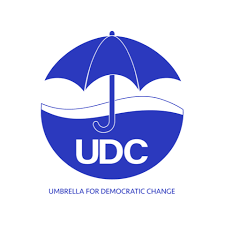
The UDC was formed in 2012 as a political alliance of three opposition parties in Botswana,being the Botswana National Front (BNF),the Botswana People’s Party (BPP) and the Botswana Movement for Democracy (BMD). A year earlier, in April 2011, the country had went through a long public sector strike in which trade unions had received support from various sections of the community in their call for salary increments for public servants, who had amid rising inflation, and thus erosion of their purchasing power, not had a salary increment for three consecutive years. Among those giving support to the cause of workers were the opposition parties. For instance, across the country, wheneverthe striking public sector workers gathered, senior members of these parties, including some from the ruling party, would address workers plights. Importantly, arising from these daily addresses, a call was made by trade unions that opposition parties must come together and form a united opposition bloc that would face the intransigent and corrupt ruling Botswana Democratic Party (BDP) under a single ticket in the next general election to be held in 2014. Indeed, these parties heeded the call and immediately started negotiations of establishing a united opposition block. The talks involved the four main opposition parties;the BMD, the BNF, the BPP, and the Botswana Congress Party (BCP). The talks leading to formation of UDC were not the first towards building unity among opposition parties in Botswana. There were many past efforts in that direction. Unfortunately, these efforts were unsuccessful for one reason or another.In fact, the BNF was formed after failed efforts to unite BPP factions/splinters. The absence of opposition unity, which resulted in vote splitting by the opposition parties, meant nothing, but the continued (mis)rule of the BDP. Besides fragmentation, the opposition’s quest for state power also suffered because of lack of lack of resources, and the continued use of the First Past the Post Electoral System (FPTP) that disadvantaged the opposition while unfairlyrewarding the BDP.The BDP thus enjoyed undeserved rule over the country, something it has done since the pre-independence elections of1965 to the present day.Despite setbacks at the polls, the call for opposition cooperation against the ruling party persisted until the 2011 strike, after which cooperation talks began earnestly.
READ MOREBotswana Patriotic Front, BPF
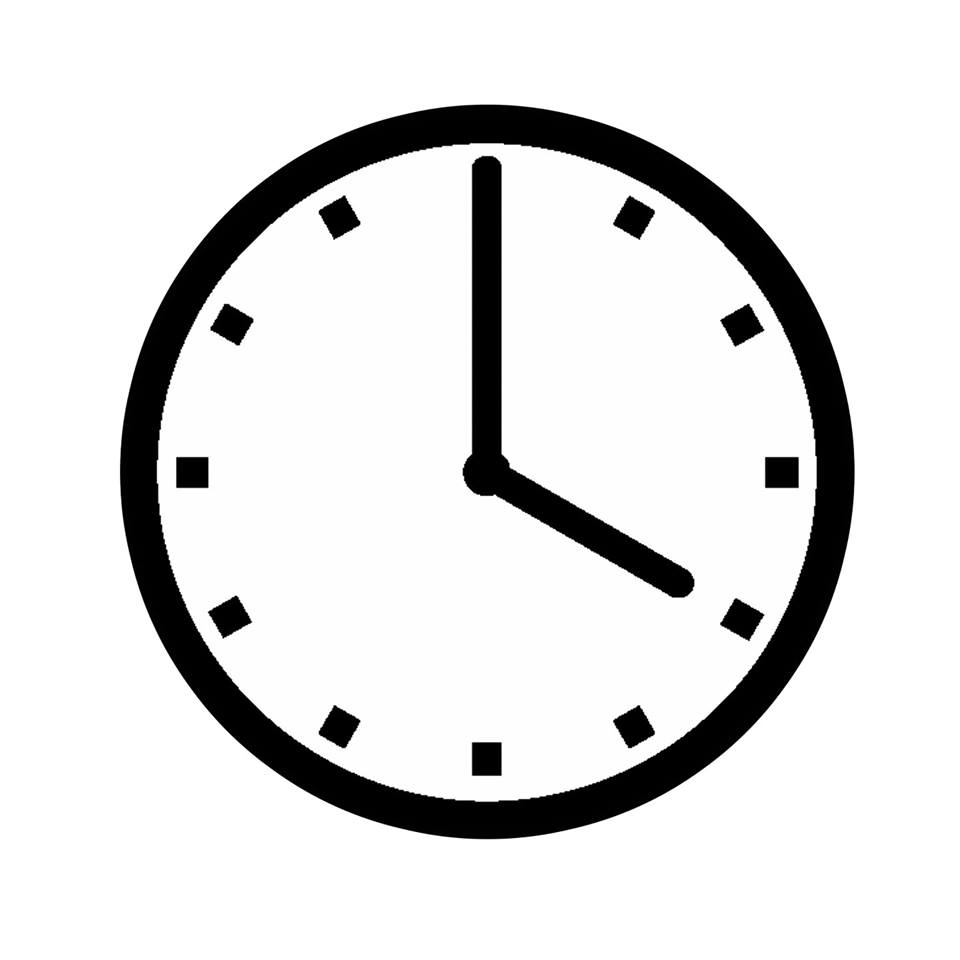
The BPF was formed by former members of parliament from the BDP who were against the current regime of the BDP led by President Masisi. The founder of the party is the former President of the Republic Dr. Ian Khama and its interim President is Beggie Butale.
Masisi and Khama grew up together in Botswana’s first most prestigious residential address – Extension 5 in Gaborone – and decades later Khama made Masisi his third Vice President. However, they are now bitter rivals and Khama formed BPF for the purpose of ousting Masisi from power.
BPF has been overly associated with not just Serowe but Bangwato. Khama himself reinforced that impression because he called the Serowe meetings in his capacity as Bangwato Paramount Chief.
INDEPENDENT CANDIDANCY
In Botswana, a non-aligned politician is called 'mokoko', which means cock, because the first independent candidate, Wellie Seboni, adopted the cock as his symbol back in the 1980s. Although the electoral laws of Botswana have always provided for independent candidates, those who take advantage of them have often been derided and dismissed as only good enough for the pot, like a real cock. While it is safe to say all political parties have produced independent candidates, the hardest hit was the Botswana Democratic Party, especially in the 2009 general elections. The majority of the 2009 general election independent candidates, especially erstwhile BDP members, were unhappy with the conduct of their party's primary elections and contested the results, arguing that the primaries were manipulated to exclude them while they were convinced that they enjoyed popularity. [6]
REFERENCES
[2] http://www.worldatlas.com/webimage/flags/countrys/africa/botswana.htm
[3] https://en.wikipedia.org/wiki/Politics_of_Botswana
[4] http://www.udc.org.bw/udc-content/cid/17/a-brief-history-of-udc/
[5] http://www.dailynews.gov.bw/news-details.php?nid=39112
[6] http://www.mmegi.bw/index.php?sid=1&aid=433&dir=2011/July/Friday22/
[7] https://www.parliament.gov.bw/index.php/about-parliament/who-we-are



